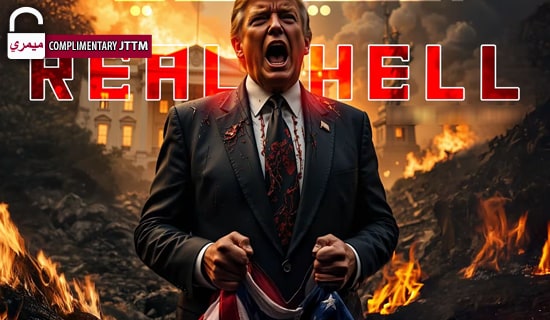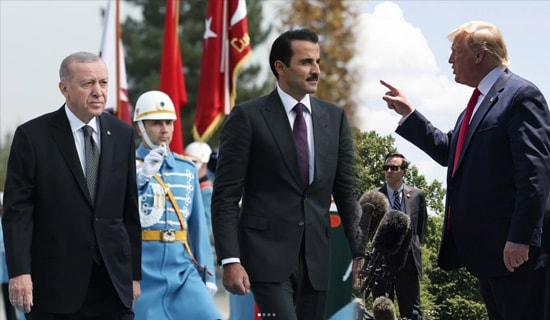Following are excerpts from an interview with Syrian liberal intellectual Muhyi Al-Din Al-Ladhaqiya, which aired on Al-Arabiya TV on May 19, 2011.
Muhyi Al-Din Al-Ladhaqiya: "I don't know why, but the Al-Assad family reminds me of the story of 'The Godfather.' Al-Assad Sr. groomed his eldest son [Bassel] to be his heir, but the eldest son was killed in an accident. So the second son – just like in the case of the godfather, the Mafia leader - inherited the leadership of the family and of the Mafia. The same thing happened in the Al-Assad family..."
Interviewer: "Does the resemblance lie only in the inheritance?"
Muhyi Al-Din Al-Ladhaqiya: "The resemblance is both in the inheritance and in the style of conduct. When we say there is a 'regime' in Syria, this is, in fact, a figure of speech. Syria does not have a regime. It has a close-knit family, with four or five people running the entire operation, with a Mafia-like mentality. This further reinforces the parallel to 'The Godfather.'" [...]
Interviewer: "Has the barrier of fear been shattered in Syria?"
Muhyi Al-Din Al-Ladhaqiya: "To a great extent, yes. Fear is a legitimate human condition, and I understand all the fears. I understand the people who were too afraid to go out and demonstrate. But generally speaking, the barrier of fear has been broken.
"The Syrians waged demonstrations in order to say: 'From now on, there shall be no fear.' But the truth is that they wanted to hear their own voice. They wanted to prove, first and foremost, to themselves that the fear was no longer there.
"It is not easy to live under emergency law for 48 years, and to live under a police regime, with no political activity, for 41 years. Under such conditions, the kingdom of fear flourished. [...]
"The Muslim Brotherhood presents a problem to the Arab world in its entirety, not just to Syria or Egypt. Whenever there is any political activity under any regime – whether Al-Qadhafi's, Al-Assad's, or any other – the regime immediately says to the West: It is either us or the Muslim Brotherhood. They have created a problem for themselves, as well as for their countries. They need to reexamine this issue and try to shake free of it.
"If they want to enter politics, let them join or establish a non-religious political party. But religious parties, with slogans like this, have no place in the Arab revolutions, present or future." [...]
Interviewer: "Why do you think it is wrong to strike an alliance with Abdul Halim Khaddam? Are you against any dealings with him?"
Muhyi Al-Din Al-Ladhaqiya: "Absolutely. Some dinosaurs do not belong here anymore. We've been down that road before. How can someone remain in power for 30 or 40 years, carrying out all [the ruler's] decision... Abdul Halim Khaddam bears the main responsibility for the burial of the Damascus Spring, in the early days of Bashar's regime. He used to compare the Damascus Spring to what had happened in Algeria, saying that it had to be eradicated immediately, and all of a sudden, he washes his hands of this and pretends to be democratic. How can I accept such a person?"
Interviewer: "Don't you expect people to rectify their mistakes?"
Muhyi Al-Din Al-Ladhaqiya: "I believe that when people adopt a new ideology, it is a sign of vitality and an ability for regeneration. But to do an about-turn from being an old-school Ba'thist despot, who is not averse to killing and torturing, to becoming a harbinger of democracy – that is a big problem.
"Incidentally, it is a problem shared by all the political parties. All those who call for democracy today are either pan-Arab nationalists, who have nothing to do with democracy, or Communists, who supported the most extreme types of Stalinism, or Islamists, in whose lexicons the word 'democracy' does not even exist.
"We are facing a vague 'democracy,' which is adopted by all those who do not believe in democracy." [...]




.jpg)